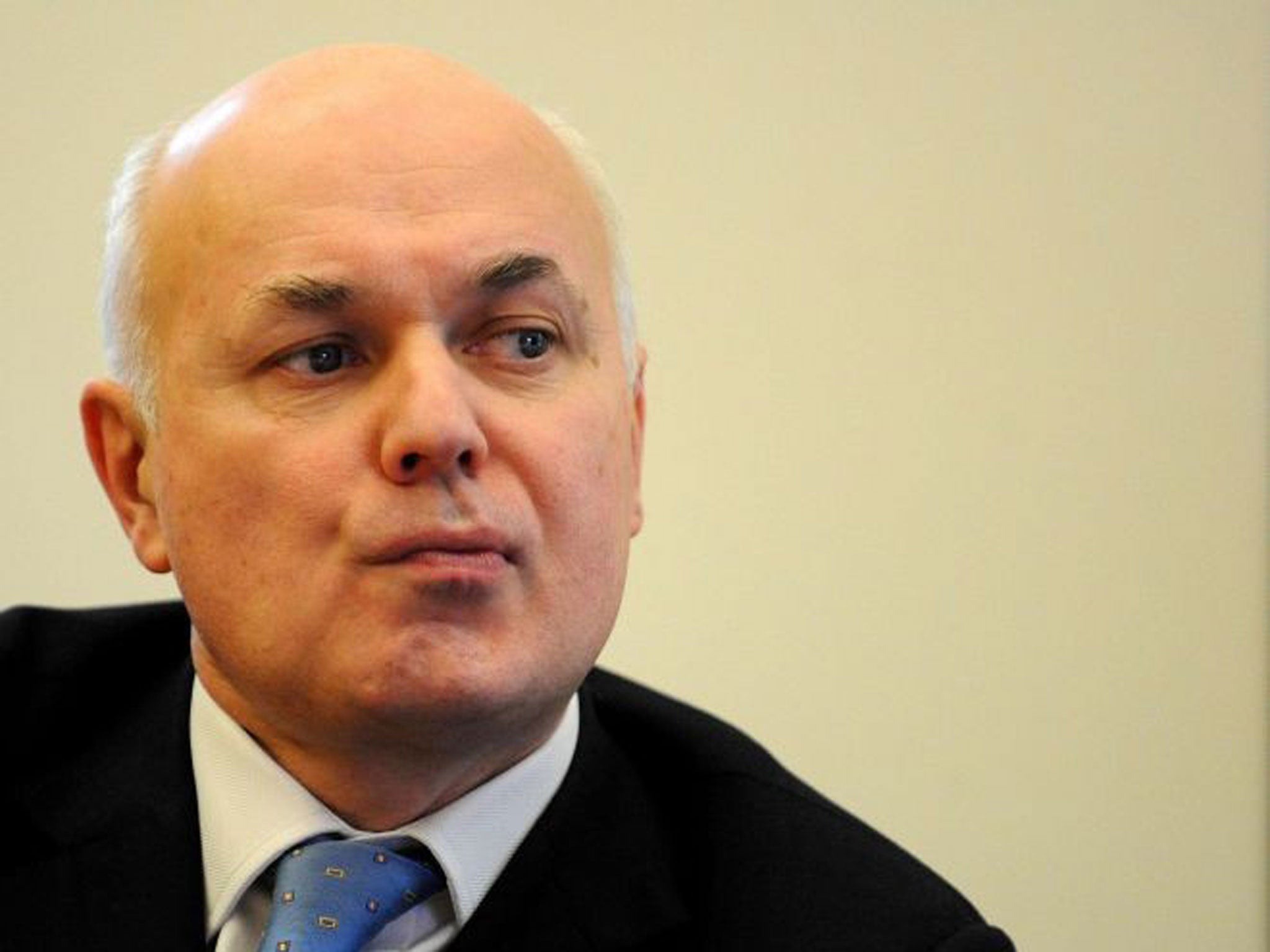It’s hard to know what to think about immigration. But not impossible
Having watched politicians have their numbers debunked lately, we're well acquainted with the sight of MPs overcooking statistics - but not Government departments

Your support helps us to tell the story
From reproductive rights to climate change to Big Tech, The Independent is on the ground when the story is developing. Whether it's investigating the financials of Elon Musk's pro-Trump PAC or producing our latest documentary, 'The A Word', which shines a light on the American women fighting for reproductive rights, we know how important it is to parse out the facts from the messaging.
At such a critical moment in US history, we need reporters on the ground. Your donation allows us to keep sending journalists to speak to both sides of the story.
The Independent is trusted by Americans across the entire political spectrum. And unlike many other quality news outlets, we choose not to lock Americans out of our reporting and analysis with paywalls. We believe quality journalism should be available to everyone, paid for by those who can afford it.
Your support makes all the difference.If I was right now to quantify the latest shifts in my understanding of UK immigration, the data would look something like this: confidence that whatever Government body currently responsible for it knows what it is doing; down 6.2 per cent. Confusion over how many Brazilian geneticists are actually coming in and out of the country; up by two orders of magnitude. General stupefaction – always a problem in the summer months –approaching a decades-long high.
OK there’s a touch of guesswork going on here. But, according to a report released on the weekend into official migration totals, the methods used to compile my figures aren’t so totally different from those employed by the Office for National Statistics (ONS).The report claims that migration data released by the nation’s data watchdog is “little better than a best guess” – meaning we can’t really be sure of how many people - be they healthy Brazilian geneticists or wounded Syrian jihadis – have entered the UK in the past year.
Which, frankly, is a worry. Not just because many thousand fewer immigrants might have entered the country in 2011-12 than the estimated 515,000 (or many thousand more) but because these are the kind of baseline numbers on which responsible politics depends.
Having watched Mr Duncan Smith, Mr Osborne and even Mr Cameron have their numbers debunked lately, we should by now be well acquainted with the sight of coalition MPs overcooking statistics. (For sauciness alone, Mr Gove’s use of a poll commissioned by Premier Inn to support his curriculum reforms will take some beating).
It all becomes a little more unnerving however when the body at fault is not fork-tongued politicians – who can and have been challenged in the press - but notionally objective Government departments. As someone who tends to take it as read that any number prefaced by a three-letter acronym (BCS, OBR, APS) contains something approaching the truth, the idea that beneath that number might be a mess of inadequate, subjective working comes as something of a shock.
I appreciate the naivety here. The steady rise of data journalism has shown up those of us who still can’t tell a quadratic from a quartile. This latest ONS snafu, then, ought to increase public scepticism of even the most official statistics - without turning it up to full voltage.
Because however tempting it may be to quote “lies, damn lies and statistics”, that line simply isn’t true. There are poor stats and better stats, and it’s important to seek out the latter sort. To form an opinion on the economic impact of immigration, for example, you can now make use of a data set far larger and more sophisticated than was available ten years ago. That would take real work, though…
Join our commenting forum
Join thought-provoking conversations, follow other Independent readers and see their replies
Comments